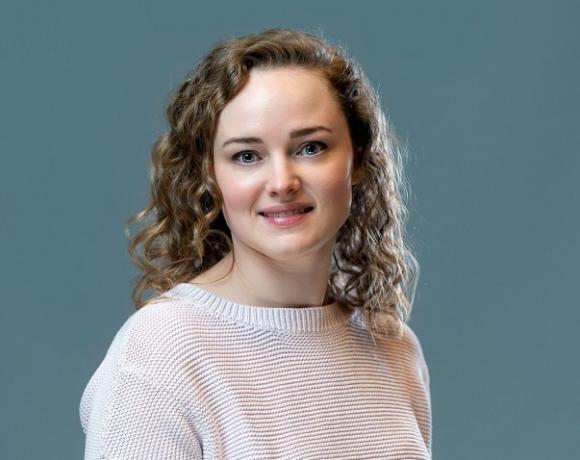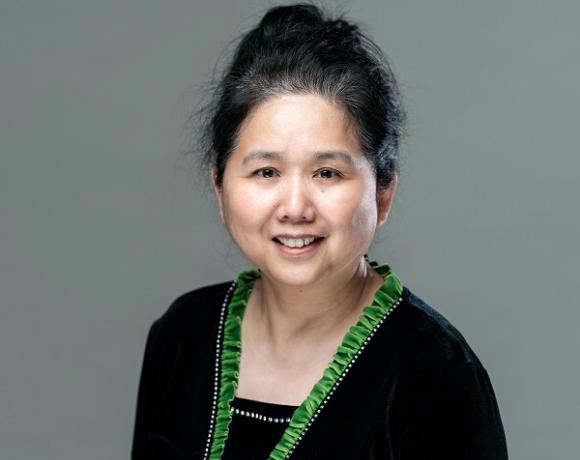The focus of the research in the Scott laboratory is aimed at improving outcomes of patients with lymphoid cancers through precision medicine. This involves unravelling the molecular determinants of treatment failure, applying cutting edge technology to patient biopsies, and then translating that knowledge into assays that can be used to guide treatment management. These approaches have led to the development of prognostic and predictive biomarkers for classical Hodgkin lymphoma, diffuse large B-cell lymphoma and mantle cell lymphoma that are applicable to routinely produced formalin-fixed paraffin-embedded biopsies – allowing these assays to be used in clinical practice.
The poor outcomes seen when patients experience treatment failure have led to an emphasis on the biology of these cancers at the time point of relapse, exploring high-risk genetic features and evolution of tumors as they are exposed to immuno-chemotherapy. The Scott laboratory is now leading and co-ordinating correlative studies in clinical trials of treatment of relapsed and refractory aggressive B-cell lymphoma. Finally, the Scott laboratory has broadened the biobank at BC Cancer to enable the expansion of this research into chronic lymphocytic leukemia (CLL).
Collaborations
The translational focus of the Scott laboratory is made possible through collaborations within the BC Cancer’s Centre for Lymphoid Cancer with treating physicians and pathologists in Vancouver and across BC, along with Scientists at the BC Cancer Research Centre and the Genome Sciences Centre. The Scott laboratory is also part of international collaborative efforts, notably the Lymphoma/Leukemia Molecular Profiling Project (LLMPP) and the Lunenburg Lymphoma Biomarker Consortium (LLBC). Finally, and key to clinical translation, are the collaborations with Canadian (CCTG) and US (ECOG, Alliance andSWOG) clinical trials groups.





